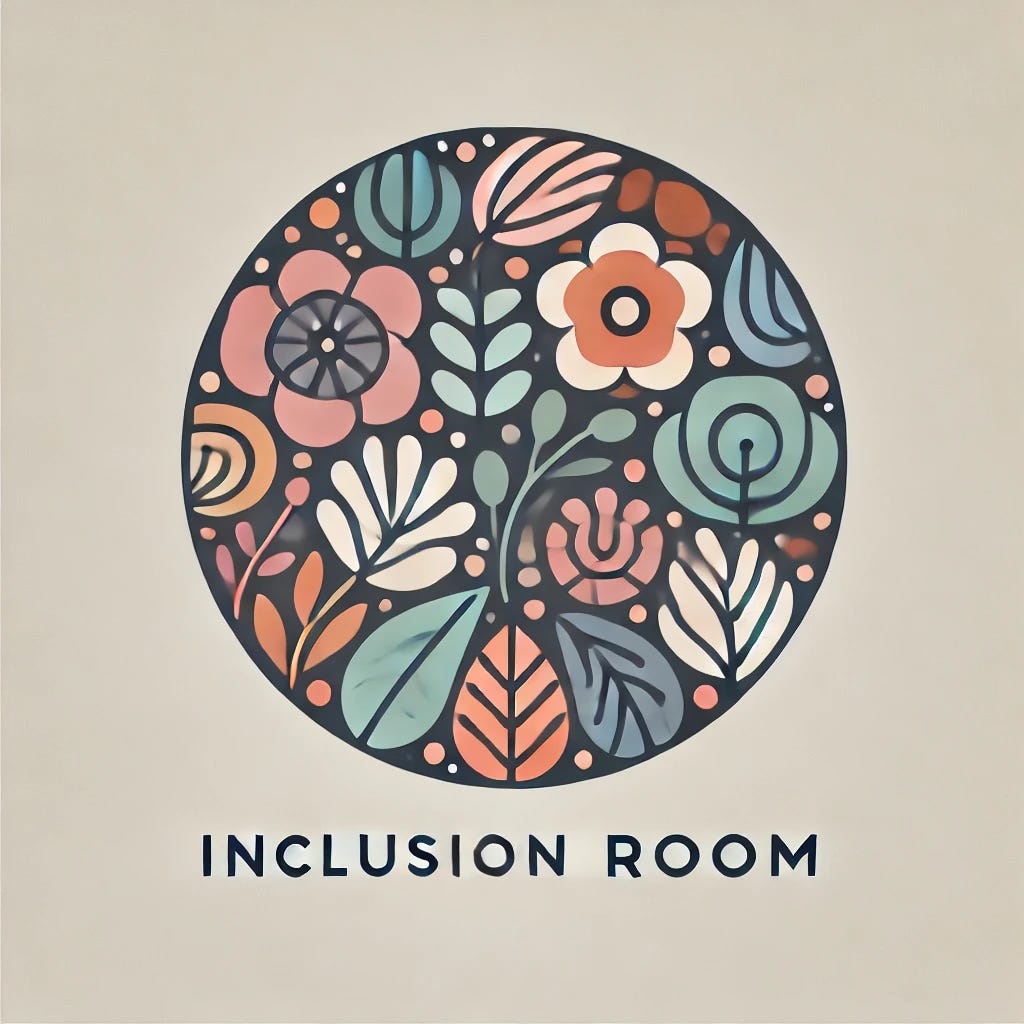Welcome to The Inclusion Room — a space where literature, science, and storytelling meet to unlock the power of diversity, inspiring both personal and professional growth.
Dear Readers,
I hope this letter finds you well!
Living abroad isn’t just about changing your surroundings — it’s about changing your lens. When you become the one with the accent, the one adapting to others’ norms, inclusion goes from theory to reality.
Living as the outsider taught me that empowering diversity begins with self awareness.
These lessons have shaped my journey and The Inclusion Room.
Turning life abroad into a lesson of growth
Inclusion is about creating space for voices that are typically overlooked.
But what happens when you are that voice? The one who speaks differently, thinks differently, and navigates cultural expectations through new lens?
Inclusion suddenly stops being a theory and becomes personal.
The reality of expat life may turn into a deep and often unexpected exploration of difference that teaches us profound lessons about inclusion and adaptation.
When You Become the Diversity
After my PhD in an international environment, I fully immersed myself in local life, it felt like stepping through a mirror.
Suddenly, I was the one with the "accent." The one making cultural missteps. The one missing unspoken codes. The outsider.
My first French-speaking job was as a trainer, speaking daily in front of students. Some of my fellow expat friends had less communication-heavy roles, yet their bosses still urged them to take diction classes.
At first, I didn’t see the issue on my side. I had a strong Italian accent, yes — but I was doing the job. Over time, though, looking at my friends' experiences with diction training, I started focusing on the small remarks, particular questions from students.
I began to internalize the idea that my accent might be a problem.
Nobody explicitly said that they couldn’t understand me— just jokes and unintentional remarks. Until I started doubting myself.
Years later, some of those same students told me they still remembered certain lessons because they had to pay closer attention to understand my way of speaking. They thanked me. They remembered their trainer from southern Italy.
But in my head, at the time, I was replaying a different film. When they squinted, I thought I was incomprehensible — not that the Maxwell equations were challenging! When someone joked about a word, I took it personally.
I began to doubt my skills and my legitimacy in the role. I embodied the figure of the migrant reduced to her accent and grammar mistakes — as if that was all I was.
Until one day, I decided to act. Literally



